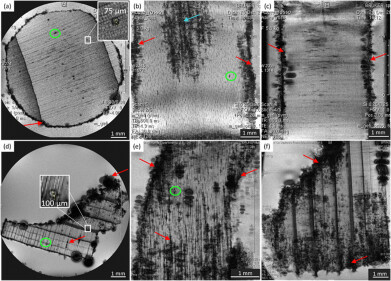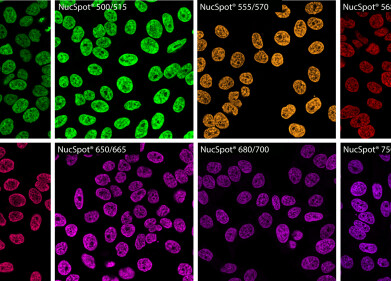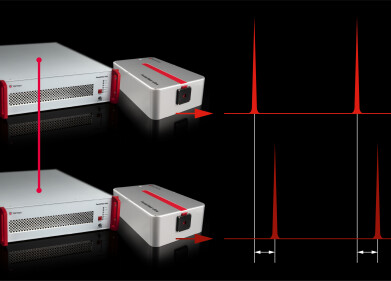Microscopy & Microtechniques
Scientists create light in a vacuum
Nov 17 2011
Scientists have succeeded in creating light from a vacuum, proving that a vacuum is by no means empty nothingness.
A team from Chalmers University of Technology published the results following the success, an effect which was first predicted some 40 years ago when scientists noted that 'virtual particles' exist within a vacuum, so called because of their transitory lifespan.
Chalmers scientist Christopher Wilson and his team created the effect by getting photons to leave their virtual state and become real photons, generating measurable light.
"Relatively little energy is therefore required in order to excite them out of their virtual state. In principle, one could also create other particles from vacuum, such as electrons or protons, but that would require a lot more energy," added Goran Johansson, associate professor of Theoretical Physics.
The experiment is valuable because it is believed that vacuum fluctuations may have a connection with 'dark energy' which drives the accelerated expansion of the universe.
Posted by Neil Clark
Digital Edition
Lab Asia 31.6 Dec 2024
December 2024
Chromatography Articles - Sustainable chromatography: Embracing software for greener methods Mass Spectrometry & Spectroscopy Articles - Solving industry challenges for phosphorus containi...
View all digital editions
Events
Jan 22 2025 Tokyo, Japan
Jan 22 2025 Birmingham, UK
Jan 25 2025 San Diego, CA, USA
Jan 27 2025 Dubai, UAE
Jan 29 2025 Tokyo, Japan



















